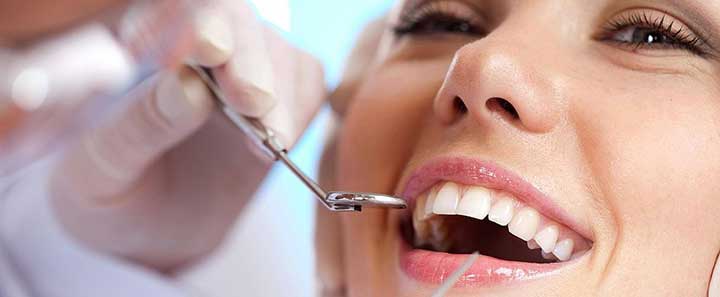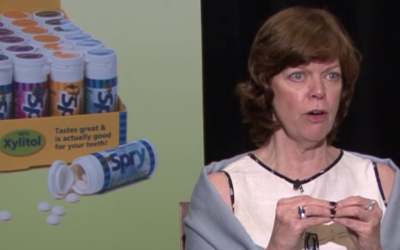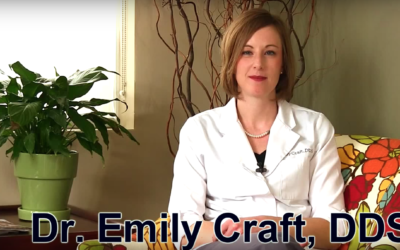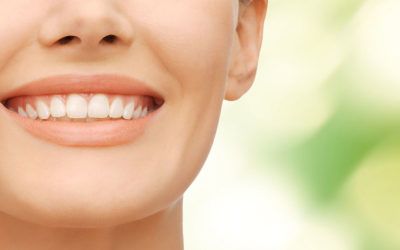Each time you visit the dentist, it’s likely that they make recommendations for your oral care routine. If they’ve never mentioned or recommended switching to xylitol toothpaste, you might want to consider switching dentists. Or better yet, ask if he or she knows about the benefits of xylitol, and if not tell them what you have learned here. If they know about it, but don’t recommend it, then they are not likely interested in preventive dentistry and you should think about switching.
Over the past few decades an increasing number of dental health professionals switched to xylitol toothpaste. Scientific research shows that xylitol reduces the risk of dental caries more effectively than any other ingredient found in toothpaste. The other day a dentist took issue with this statement arguing that fluoride was more effective. Fluoride does have a good track record for hardening the teeth and lowering decay. But a study done in Finland on children whose mothers chewed xylitol gum regularly gives the decided edge to xylitol. The children were divided into two groups: one with mothers who used xylitol, and one that got the standard fluoride and varnish. There was 70% less decay in the xylitol group than there was in the fluoride group. And it was the mothers of these children who got the xylitol, not the children.
Why decay occurs:
Dental caries occur because bacteria in the mouth feed on the sugars in the food we consume. These caries causing bacteria only need a very small amount of sugar to survive and thrive. Once they have the energy they need, they multiply, eat the sugars in our diets, and produce the acids that eat away at your tooth enamel. That is the beginning of a cavity.
What to do about it:
When it comes to fighting dental caries and improving oral health, xylitol is the single most effective ingredient in any toothpaste. Xylitol in the mouth works like soap. It unhooks harmful bacteria so they can be washed away and if they eat it they get indigestion and can’t make any acid. That means that xylitol makes it difficult for caries causing bacteria to stick to your teeth and reproduce. Consuming just 5 grams of xylitol per day will improve your oral health. Xlear, a xylitol based company, recommends “Strive for Five” doses of xylitol products. It’s not that hard if you brush twice a day, chew some gum, and use it in your coffee and tea–and avoid sugary soft drinks.
How xylitol works:
Unlike sugar, caries causing bacteria cannot digest xylitol; they get indigestion and don’t make acid. It also blocks their ability to hold on to the teeth and hence easier to wash out. So their numbers are reduced and they are not given to our children when we share food or affection. Xylitol also assists in stabilizing the pH balance in the mouth. A stable oral pH balance combined with a reduced number of acid-producing bacteria makes the likelihood of tooth decay virtually non-existent.
Orally introducing five grams of xylitol everyday also repairs damaged enamel. When you brush your teeth, saliva production is stimulated. Saliva that contains xylitol helps calcium and phosphate salts to fortify weakened spots of enamel that are soft and calcium deficient.
Making the switch to xylitol toothpaste could be your dental saving grace. Read the ingredients of your toothpaste and make the switch to a xylitol-based toothpaste today. Over time you’ll be amazed at the difference it will make.
Related Articles
Dr. Doyle Williams on Fluoride and Xylitol
I'll give you two interesting statistics: one is from the United States, which we hold up almost as the gold standard of care. We think that everybody comes to the US for the best health care, and we know that three out of four of our children - by the...
Trisha O’Hehir, RDH Easily Explains How Xylitol Works
Trisha O’Hehir, RDH spoke about a fairly new way that xylitol works to reduce infectious diseases in the mouth and airway at a recent dental conference. Trisha is one of the people who cleans your teeth when you go to the dentist. Some, hopefully few,...
Emily Craft, DDS on Dental Benefits of Xylitol Gum
Dr. Emily Craft, DDS recorded a video about xylitol and dental health. Read on for a summary of her thoughts. Xylitol is a naturally occurring sugar that you find in a lot of fibrous plants, fruits, and vegetables. Believe it or not, this sugar has a...
Sweet Treats for Dental Health
Sweet treats can get you into trouble. We all know this, and our dentists like to remind us each time we visit and have to get a cavity filled. But there’s finally a way to enjoy your sweet treats and not get your teeth in trouble. Xylitol...
Dental Benefits of Xylitol
We visit the dentist because we care about our oral health. Our smiles are one of the first things people notice about us, so we want them to be healthy and bright. What if you could reduce the risk of cavities by up to 80 percent? What if you could have...
Xylitol Product Spotlight: Spry Xylitol Mints
Spry mints with xylitol are a great way to refresh your mouth between brushing. They are sweetened with 100% xylitol, no other sweeteners. Each mint has a half-gram of xylitol. Xylitol is a sweetener that occurs naturally in plant fibers. It tastes like...










